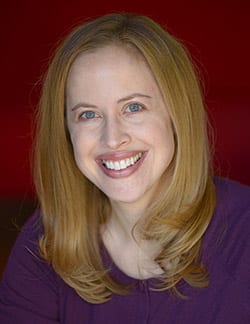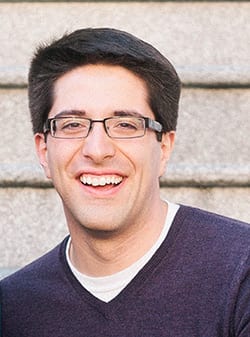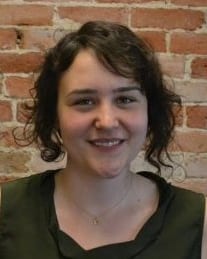By Andrew Cohen

Three Berkeley Law community members have received prestigious 2019 Skadden Fellowships. They join 25 other selected graduating law students and judicial clerks who will be funded for two years of public interest work.
The law firm Skadden, Arps, Slate, Meagher & Flom launched the program in 1988 to help new lawyers provide legal services to the poor, elderly, homeless, disabled, and victims of civil and human rights abuses. Ninety percent of the fellows still work in the nonprofit sector.
Sarah Morando Lakhani ’19 will work with the Immigrant Legal Resource Center, in part as an embedded attorney at the San Francisco Human Services Agency, advising immigrants about public benefits eligibility and addressing growing fears about the implications of accessing them.
She notes that the U.S. Department of Homeland Security is redefining its public charge policy “to deter legal immigrants from drawing benefits for which they or their U.S.-citizen children qualify, lest they later be denied green cards or be removed. That could have staggering negative effects on the health and wellbeing of low-income immigrant families.”
Lakhani believes this will enable the government “to consider noncitizens’ use, or likely use, of almost any public benefits as criteria for determining who may enter or remain in the United States. These benefits would include Medicaid, food stamps, and Section 8 housing assistance.”
Lakhani, who has nearly 15 years of experience working with low-income immigrant families, aided several organizations during law school and externed at the San Francisco Immigration Court. As a Human Rights Center fellow last summer, she coordinated a project to help immigrants formalize their businesses and create asset-securing contingency plans in case of deportation or detention, and prepared materials for lawyers eager to assist.
“The new public charge policy will likely impact most heavily states and localities with large immigrant populations and generous benefits policies, including California and the San Francisco Bay Area,” Lakhani says. “Under-enrollment could increase poverty levels and homelessness, exacerbate severe and chronic health issues, and reduce access to health care.”
Expanding worker’s rights
At the Partnership for Working Families in Oakland, Reynaldo Fuentes ’19 will aim to disrupt unlawful independent contractor relationships. He will represent clients and advocate for policy reform on behalf of Bay Area warehousing and logistics industry workers who are often misclassified as independent contractors.

Doing so, he says, lets employers “waive nearly every employment protection in California, like paying employees the minimum wage or not engaging in discrimination. … Because the employer can save so much money by not complying with the law, there is the potential for abuse.”
Recognizing this, the California Supreme Court recently expanded protections for workers and Fuentes hopes to deploy this precedent to protect them from mistreatment. His time volunteering for Berkeley Law’s Workers’ Rights Clinic—and personal experience—fuels his interest in this area.
“My sister was subject to misclassification and required to pay thousands of dollars in unpaid payroll taxes she didn’t know she was liable for,” Fuentes says. “This is unfair and abusive, particularly given the powerful position employers are generally in relative to their workers.”
Before law school, Fuentes worked for a nonprofit that helped spur California to become just the second state to pass legislation establishing a sick leave guarantee for every private-sector employee.
Seeking true rehabilitation
Emma Mclean-Riggs ’17 will work for the Colorado Juvenile Defender Center representing children and adults who were convicted as juveniles and are eligible to petition for removal from the sex offender registry. Citing an “empirical consensus that juvenile registries are ineffective, further marginalize already marginalized groups, and place vulnerable children at further risk of adult victimization,” her work will involve appellate litigation and community organizing.

“No child is irredeemable, no matter what difficult experiences they’ve had or what mistakes they’ve made in response to those experiences,” Mclean-Riggs says. “As a survivor of childhood sexual violence myself, I’m committed to institutional responses that actually work. We need to stop wasting money and resources on registries that don’t protect people from sexual violence.”
Now clerking for Colorado Supreme Court Justice Monica Márquez, Mclean-Riggs clerked last year for U.S. Tenth Circuit Court of Appeals Judge Carlos Lucero. In law school, she was editor-in-chief of the Berkeley Journal of Gender, Law & Justice, senior online editor of the California Law Review, and co-chair of the Queer Caucus.
As a 3L, she worked on an independent study paper with Professor Franklin Zimring that confronted U.S. child pornography regulation and how it is formed by symbolic disgust rather than the empirical realities of child exploitation.
“I spent countless hours in Professor Zimring’s office discussing and often arguing about the law, research, and theory related to sexual violence against children,” Mclean-Riggs says. “Without his incisive questions, guidance, and occasional firm nudge, this fellowship would not exist.”